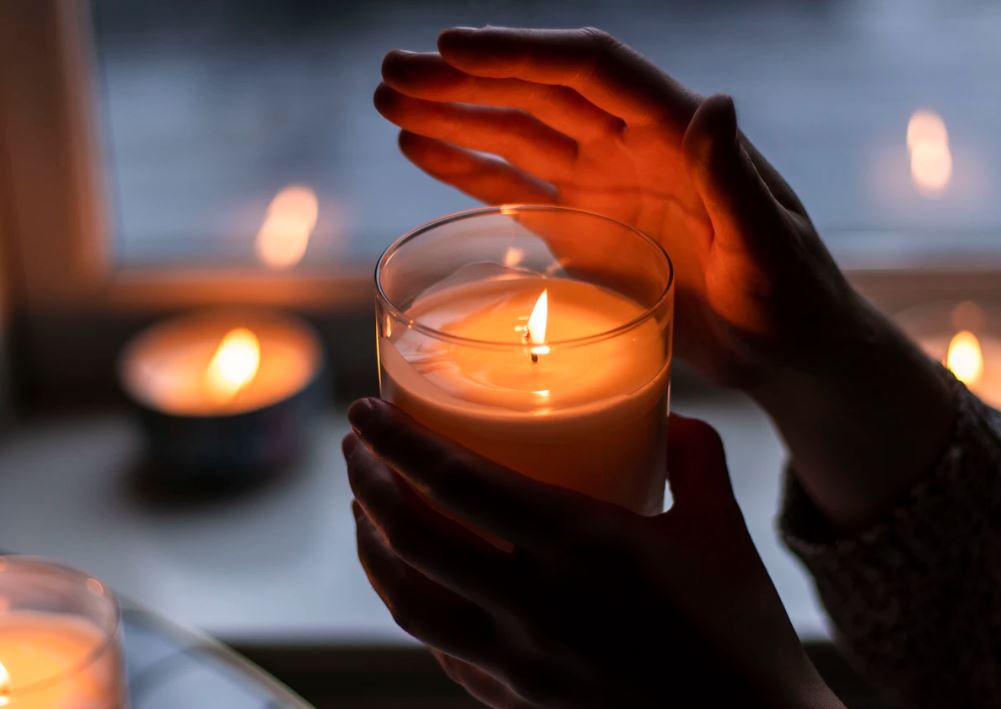Dealing with Stuff After a Loved One Dies


After cremations services, one of the tasks that you will have to tackle soon is finalizing the affairs in your loved one’s life. In practical terms, this means you will need to handle insurance, financial, digital, and, if your loved one was still working, work-related matters.
Believe it or not, you will probably find that these are much easier to take care of than the task of trying to decide what to do with all your loved one’s personal belongings. The things that belong to a person are part of their identity. All the people who know us well, including our families, know that those things are an intrinsic part of who we are.
Trying to decide what to do with stuff after a death can be an emotionally intense activity that can cause a lot of indecision and angst. Some people, while they are still in shock after the death of their loved one, just get rid of everything without thinking about it. Another family member or friend should gently step in and try to prevent this, because it’s not a good idea.
In the fog of grief, there may be a desire to make the reality of a loved one’s absence complete by removing everything that belongs to them. This is a reaction of pain and mourning. However, after time, when the initial shock of the loss has worn off and there’s no trace of the deceased love one left, a different kind of pain and mourning occurs.
Some people never do anything with their loved one’s personal belongings. This may be because it’s too overwhelming, emotional, or because they can’t bear to part with anything. This is not the best road to take either. One reason is because it tends to keep the surviving family member(s) living in the past, and it makes it harder to move forward in managing grief and continuing a fulfilling life.
A second reason is because some of that stuff really does need to be thrown away. Some of it needs to be divided among family members. And some of it needs to be donated to help other people in need within the community or around the world.
If going through your loved one’s stuff is too hard to do alone, get other family members or friends to help you. This will give you support during this emotional experience and it will give you the motivation to get it done.
Create a staging area (use a neutral room like the kitchen or living room) divided into four sections. One section should have boxes for trash (put a sign on each section to identify what goes there). One section will have boxes for donations. One section will have boxes for distribution to family. And one section will have boxes for things that you want to keep for yourself. Clean out one room at a time. Start with the bedroom, and do the closet first, dressers second, and so on.
Clothing, glasses, hearing aids, medical equipment, and furniture can all be donated to charitable organizations. Look online for organizations that accept glasses and hearing aids, for example, to refurbish them, and then provide them to people who otherwise would not be able to afford them.
Clothing and furniture should be donated to organizations who give them to people in need (as opposed to selling them to the public in a store). Consider donating these items to organizations that support the homeless or battered women.

Home health agencies often have patients who can’t afford medical equipment – or their insurance doesn’t cover it – so they are good places to make medical equipment donations.
If you would like information on the cremations services we offer, our compassionate and experienced team at Hopler & Eschbach Funeral Home is here to help you.



